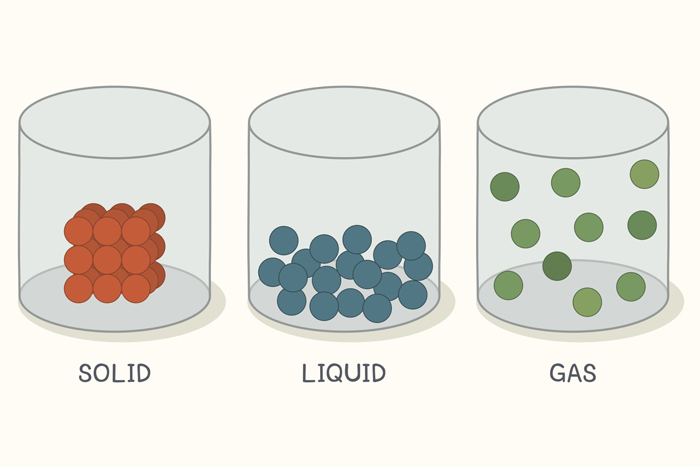
Understanding Litigation
Litigation is the process of resolving disputes through the court system. It involves various stages, from filing a lawsuit to trial and potential appeal. While it can be a lengthy and complex process, it is often the only way to resolve certain disputes.
Types of Litigation
There are several types of litigation, each with its own specific rules and procedures. Some common types include:
- Civil Litigation: This involves disputes between individuals, businesses, or other entities. Examples include personal injury cases, contract disputes, and property disputes.
- Criminal Litigation: This involves cases where the government alleges that a person has committed a crime. Examples include murder, theft, and assault.
- Administrative Litigation: This involves disputes between individuals or businesses and government agencies. Examples include challenges to regulatory decisions or permits.
The Litigation Process
The litigation process typically involves the following stages:
- Pleading: The plaintiff files a complaint, which outlines the allegations against the defendant. The defendant then files an answer, which may admit or deny the allegations.
- Discovery: During this stage, both parties gather information and evidence related to the case. This may involve interrogatories, depositions, and document requests.
- Motion Practice: Both parties may file motions to dismiss the case, for summary judgment, or to exclude certain evidence.
- Trial: If the case cannot be resolved through settlement, it will go to trial. A jury or judge will hear evidence and arguments from both sides.
- Appeal: The losing party may appeal the verdict to a higher court.
Alternative Dispute Resolution (ADR)
In many cases, parties can resolve their disputes through alternative dispute resolution (ADR) methods. These methods are often faster, less expensive, and more confidential than litigation. Some common ADR methods include:
- Mediation: A neutral third party (mediator) helps the parties reach a settlement agreement.
- Arbitration: A neutral third party (arbitrator) hears evidence and arguments from both sides and issues a binding decision.
Choosing the Right Approach
Whether to pursue litigation or ADR depends on various factors, including the nature of the dispute, the potential costs and benefits, and the parties’ preferences. It is important to consult with an attorney to determine the best approach for your specific situation.
The Importance of Legal Representation
Litigation can be a complex and stressful process. Having a skilled attorney can help you protect your rights, understand the legal procedures, and maximize your chances of a favorable outcome. An attorney can also help you explore alternative dispute resolution options if appropriate.
Conclusion
Litigation is a legal process used to resolve disputes. It can be a lengthy and complex process, but it is often necessary to protect your rights. Understanding the different types of litigation, the litigation process, and alternative dispute resolution options can help you make informed decisions about your case.



